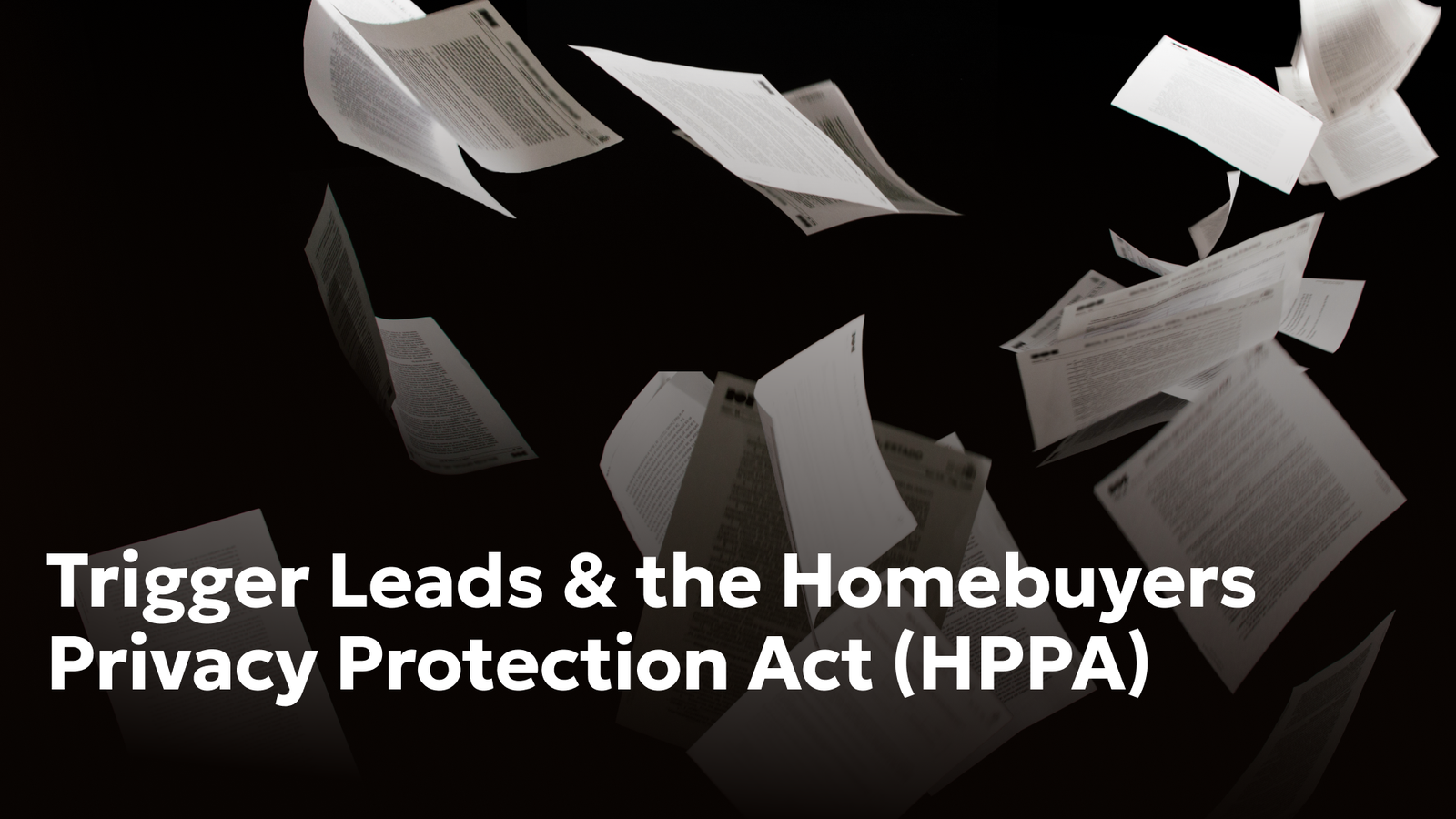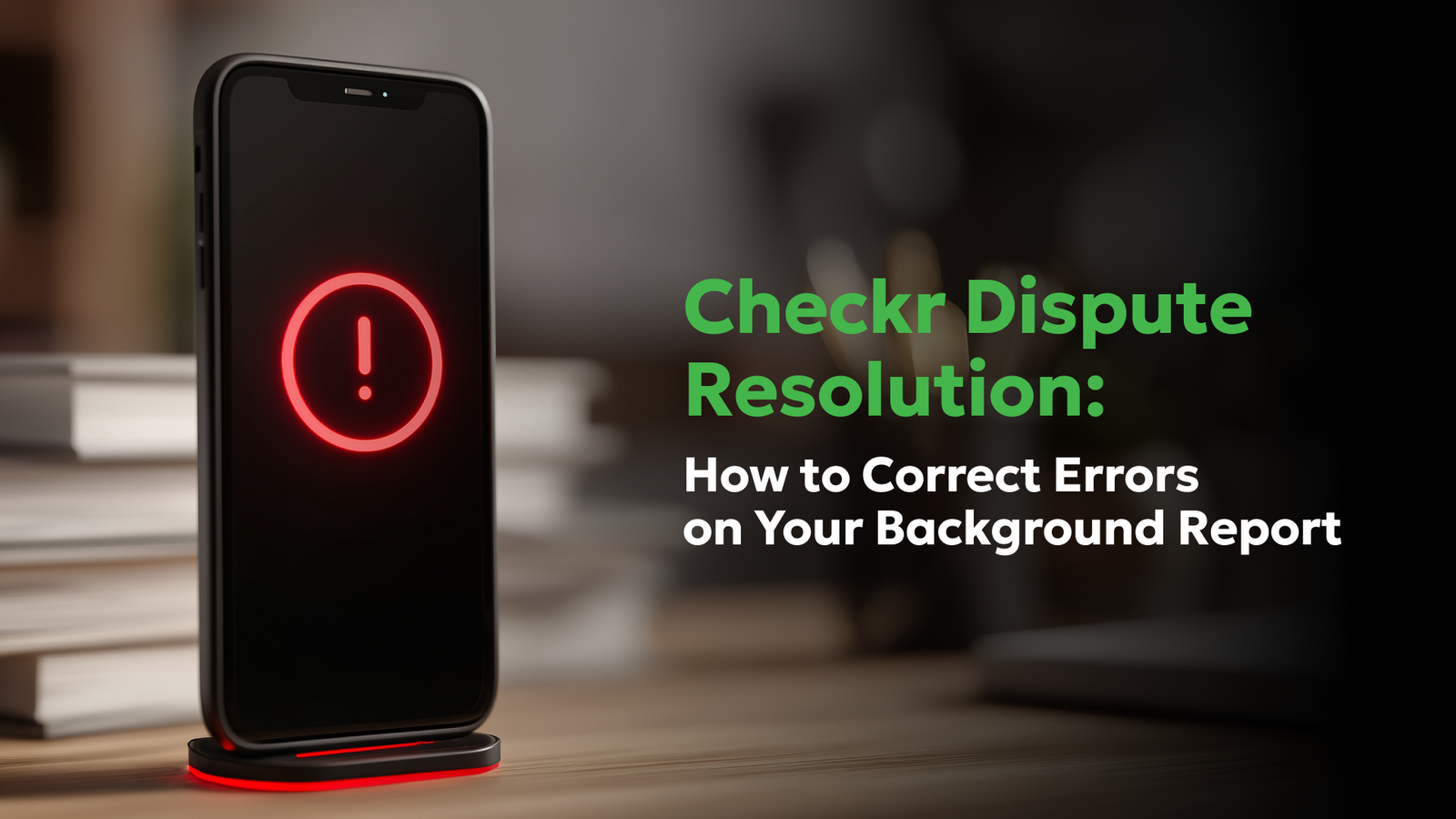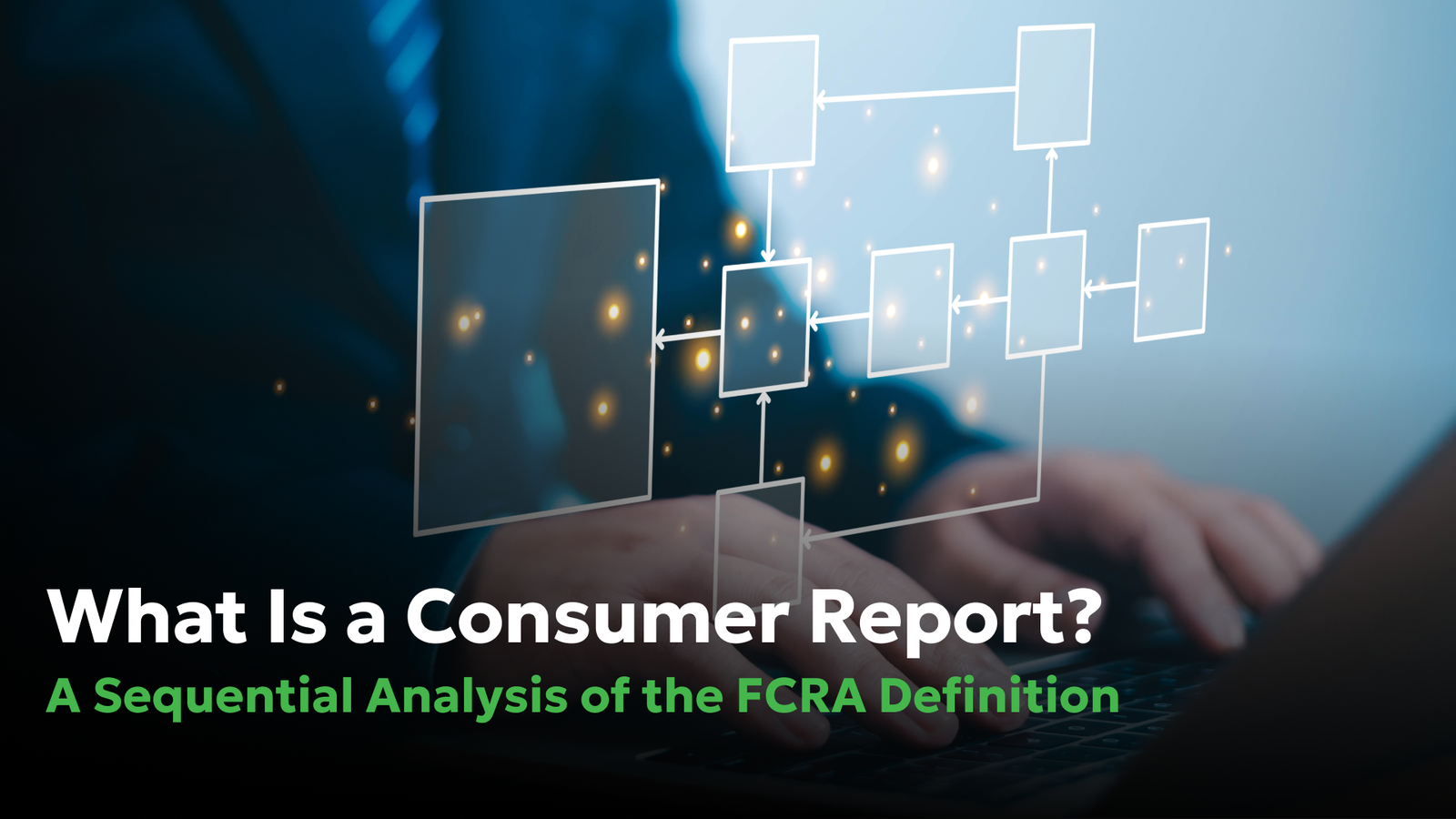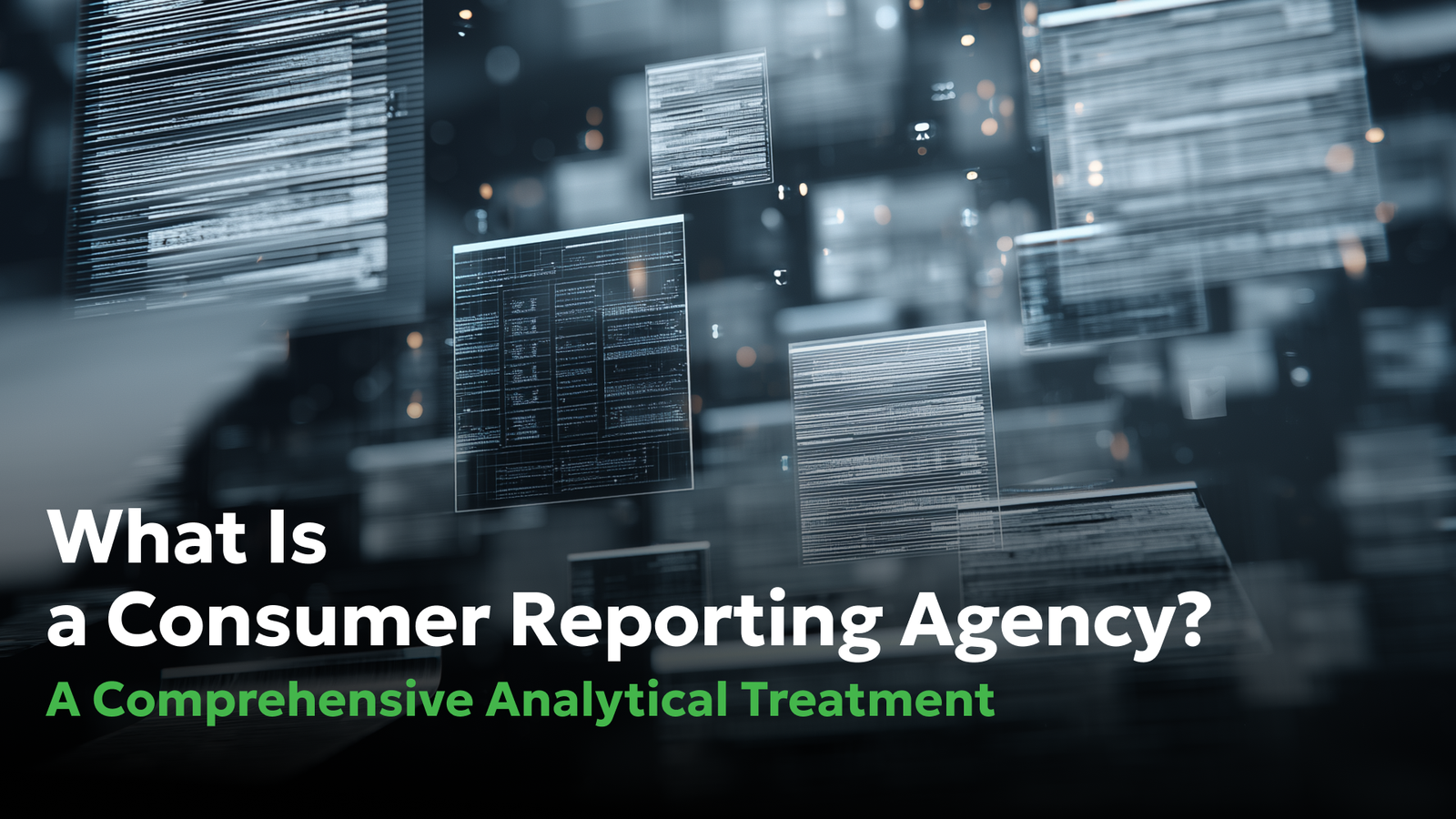All about FCRA
- Blog
All about FCRA
categories

20 Feb, 2026
Daniel Cohen
Trigger Leads & the Homebuyers Privacy Protection Act (HPPA)
Mortgage applications used to trigger instant marketing calls from unknown lenders. The Homebuyers Privacy Protection Act changes that. This guide explains trigger leads, the 2025 FCRA amendment, and how the new opt-in system reshapes mortgage privacy.
4
8 min

27 Jan, 2026
Moshe Boroosan
Ban-the-Box and Fair-Chance Hiring Laws: A 2025 Guide for Job Seekers and Employers
Ban-the-Box and Fair-Chance Hiring Laws: What Job Seekers and Employers Must Know in 2025
140
6 min

20 Jan, 2026
Daniel Cohen
Checkr Dispute Resolution: How to Correct Errors on Your Background Report
Wrong information on your Checkr report? Disputes often stall or go unanswered. Learn how to fix errors, avoid arbitration, and protect your rights under the FCRA.
259
10 min

15 Jan, 2026
Meir Rubinov
The Statutory Architecture of Furnisher Duties Under 15 U.S.C. § 1681s-2(b)
An in-depth examination of the statutory architecture of 15 U.S.C. § 1681s-2(b), focusing on the notice trigger, the role of consumer reporting agencies, and the mandatory duties imposed on furnishers. By Consumer Attorneys PLLC.
41
7 min

22 Dec, 2025
Meir Rubinov
The Consumer Report: A Sequential Analysis of the FCRA Definition
What makes information a “consumer report” under the FCRA? This article breaks down the statute step by step, showing how purpose and use transform data into a regulated consumer report.
62
14 min

19 Dec, 2025
Meir Rubinov
What Is a Consumer Reporting Agency? A Comprehensive Analytical Treatment
Learn about how the FCRA defines consumer reporting agencies and why function, not labels or disclaimers, determines coverage.
64
10 min

19 Sep, 2025
Daniel Cohen
Why Your Credit Score Isn’t Actually Yours and Other Lies Consumer Reporting Companies Tell
Do You Know Who Really Owns Your Credit Score? (Hint: It's Not You)
1468
2 min

17 Sep, 2025
Daniel Cohen
What credit score do I need to buy a car?
Discover how high your credit score should be before you begin to buy a car.
Depending on your daily activities, you might need access to a vehicle.
1349
11 min

17 Sep, 2025
Daniel Cohen
How Long Does a Background Check Take?
Consumer Attorneys explains the time it takes for background checks to complete and what you can expect along the way.
1848
8 min

16 Sep, 2025
Daniel Cohen
What is a good credit score for a 30-year-old?
See what, if any, is the ideal credit score for someone who is 30 years old.
It’s natural for us, as humans, to compare things. We compare everything from clothes to cars.
1617
11 min

11 Sep, 2025
Daniel Cohen
Credit reporting errors strike victims when they least expect it
Consumer Attorneys has helped countless victims of credit reporting inaccuracies and is here for you.
1368
11 min

11 Sep, 2025
Daniel Cohen
Accurate Examples of Fair Credit Reporting Act Violations
We’ve Got the Top 10 Examples of Fair Credit Reporting Act (FCRA) Violations. Learn How to Fight Back!
1669
9 min
Contact Us
RIGHTS END
W
R
ONGS™Free Consultation
Zero Costs and Fees to You.
You pay nothing. The law makes them pay.
You pay nothing. The law makes them pay.
Contact Us
Head Office NY
68-29 Main Street, Flushing, NY 11367
Office
706 East Bell Rd., Suite 114, Phoenix, AZ 85022


